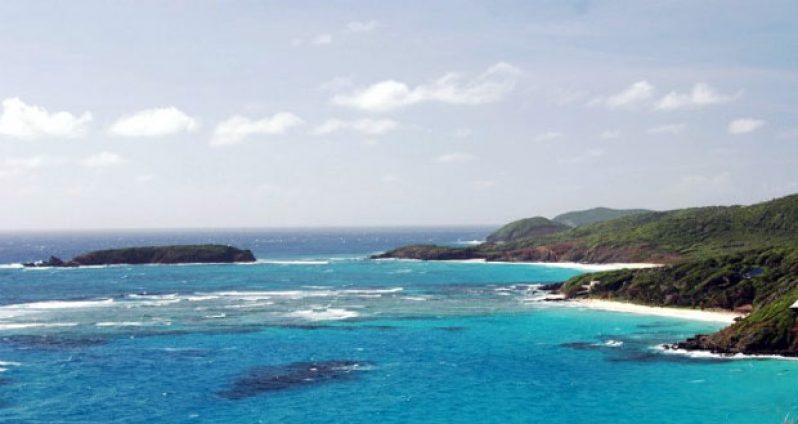Barbados and St Vincent and the Grenadines have reached a landmark agreement that settles the maritime boundary between their two territories.The treaty, which was brokered with the support of the Commonwealth, was signed on Monday 31 August in Bridgeton by Barbados Prime Minister Freundel Stuart and Prime Minister of St Vincent and the Grenadines, Ralph Gonsalves.
Commonwealth Deputy Secretary-General DeodatMaharaj said: “By resolving years of legal uncertainty surrounding their maritime boundary, Barbados and St Vincent and the Grenadines are now in a better position to sustainably manage their ocean resources, including commercial fish stocks and subsea minerals.
“The treaty provides a range of commercial, tourism and shipping industries with the clarity they require and sets the framework for more integrated ocean governance. It not only gives authorities the certainty they require to protect fishing rights, it also means that there is agreement over the ownership of any resources that may be found beneath the sea in years to come.”
The agreement between the two countries is the outcome of a five-year programme of legal and technical support to the government of St Vincent and the Grenadines, which culminated in negotiations for a boundary agreement in May 2015. The Commonwealth Secretariat has provided legal, technical and capacity building support to St Vincent and the Grenadines.
Describing the agreement as a “truly historic moment”, Prime Minister Stuart said: “The definition of the extent of a state’s jurisdiction over its land and maritime space is not a small matter. In fact, the ability of a state to exercise this jurisdiction unimpeded is one of the very defining characteristics of sovereignty. To agree with one’s neighbours exactly where their jurisdiction begins and yours ends is thus a matter of the highest import to the proper conduct of the business of the state,” the Prime Minister said.
Prime Minister Gonsalves said the treaty “speaks to the excellent relations between our people”, and added that it could have several practical consequences, as his country looks to explore opportunities for geothermal energy exploration and development.
“We have more than one geothermal resource and we are currently engaged in the development of one geothermal area which has 60 megawatts of power…so just think of it, if at some point we can sell energy to Barbados, we would have to traverse not only our exclusive zone but that of Barbados.”
The Commonwealth Secretariat’s Maritime Boundary, Ocean Governance and Natural Resources Programme has provided assistance to member countries on the delimitation of maritime boundaries, ocean governance and issues related to the law of the sea, as well as the management of natural resources for over 25 years.
Support to member countries across the Pacific, Caribbean and Africa has resulted in successful submissions to the United Nations Commission on the Limits of the Continental Shelf, allowing governments to exercise sovereign rights over living and non-living natural resources on the seabed.
Deputy Secretary-General DeodatMaharaj continued: “We continue to assist Commonwealth member countries to further strengthen their economic and environmental resilience by helping them to secure their maritime rights and improve ocean governance and marine biodiversity conservation. For many of our member states, their future may reside in the ability to sustainably tap into the ocean economy. As a Commonwealth, we are committed to supporting member states look at the Blue Economy as a viable policy option.” (The Commonwealth Secretariat)




.png)









